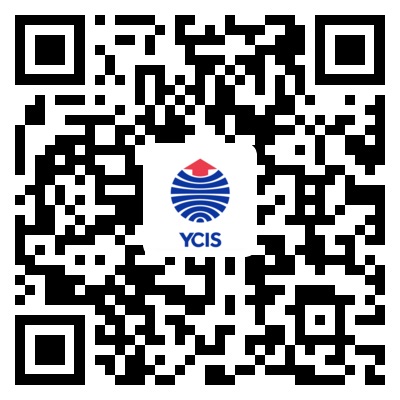Go Back
뉴스
뉴스
Play Sparks Curiosity and Learning in Our Emergent Curriculum
뉴스
2021 年 03 月 19 日
10 : 00
Parental company is essential during childhood years, offering love, a safe harbour and the starting point for a child’s development. How can we utilise family time to make it more engaging and let kids discover the joy of learning through play? The YCIS Emergent Curriculum provides some answers.
What Is ‘Emergent Curriculum?At Yew Chung International School, we believe that each child is unique, with innate talents and gifts that should be nurtured to their fullest potential. In our Early Childhood Education section, we start with the youngest learners and spend a long time discovering how we can carefully create a supportive, warm and holistic environment for each child.
Within our classrooms, we have a unique group of learners, each with his or her interests and passions. One child might be fascinated by insects. Another may want to paint each day. Others might build their imagination with building kits that challenge their ingenuity. Within our Emergent Curriculum we allow children to choose their own activities and resources. This child-centred approach allows children to explore, develop and grow at their own pace.
As educators, it is our job to observe the child and notice what he or she is doing. This is a complex process as we go beyond the obvious to observe the underlying meaning behind play. We also talk to parents about what their child has been up to at home. We welcome parents’ perspectives as it helps give us deeper insights into the learning process.
Parents often ask: “How can I support my child at home using an emergent approach?”
- Our advice is to start slowly. There are many ways to develop your child’s play at home, so take some time to figure out what might work for your family. Rather than buying specific toys or models, you could collect ‘open-ended’ materials. These sorts of resources may have multiple uses without being restricted to one form of play.
- A plastic fruit or vegetable may have just one purpose as a pretend toy. Pom-poms, however, can be used for role-play, drama, sensory play or creative activity. This stimulates your child’s imagination and creativity. There are lots of open-ended materials that you can find within your home as well as in nature.
We believe parents are the first teachers in their children’s life. Parents know every aspect of their kids, their interests, habits and performance at home. Parents can guide their kids to make developments in a play-based learning.
YCIS has and will always have a passion for child-centred education and would love to share this passion with every parent.











